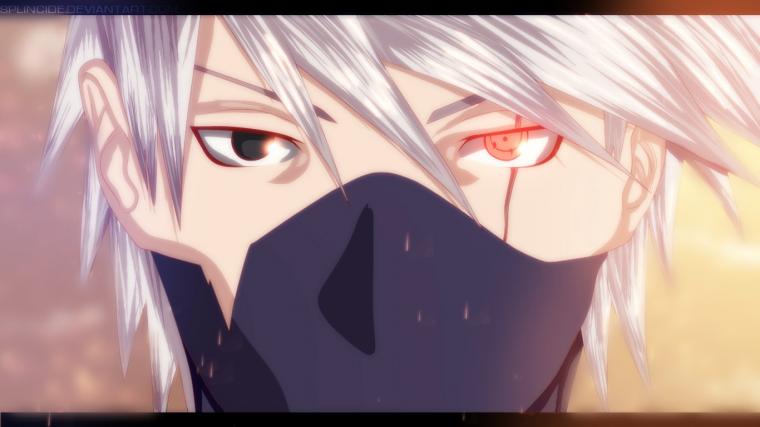

In Erasure by Percival Everett, an intellectual black author, sick and tired of his philosophical books being passed over for publication because they're not suitably "Black," writes a way, way over the top parody of thuggish ghetto-chic blaxploitation called My Paffology and has his agent send it out as a protest.He later meets the article's author, who tells him that it was meant as satire, "ut so subtle and delicate is my humor that apparently the thing is misleading". Wodehouse's short piece "How Kid Brady Broke Training", Kid Brady, after reading a magazine, goes off meat and starts an all-fruit diet under the belief that it will make him a better fighter. When it comes to the self-help genre, the line between satire and the real thing is drawn in water with a blunt pencil. The Horseshoe Effect is closely related, as it concerns statements which are so radical and extreme, it's difficult to tell whether they're coming from the far-left or the far-right.

Many a "Not Making This Up" Disclaimer is used to avoid this trope. If you are trying to invoke this trope to get people to believe something you just made up to feign legitimacy, it's a Bavarian Fire Drill. If a work actually becomes popular as a result of this law, that's Misaimed Fandom. Parody Retcons attempt to appeal to this, as does the "Just Joking" Justification. While Poe's Law referred originally to religious fundamentalists, it can also equally apply to austere atheism, steely socialism or communism, crazy capitalism, extreme environmentalism, fanatic feminism, crackers correctness, or indeed, absolutely any other debate where controversy runs high and at least one position is particularly extreme, such as the infamous North Korean Twitter feed that got mistaken for the real thing.Ī similar notion was named "The Harry Golden Rule" by Calvin Trillin: "The Harry Golden Rule, properly stated, is that in present-day America it's very difficult, when commenting on events of the day, to invent something so bizarre that it might not actually come to pass while your piece is still on the presses." See Stealth Parody, which this law tends to undermine.ĭon't Explain the Joke is one of the possible outcomes of this law. Poe phrased his law thus: "Without a winking smiley or other blatant display of humor, it is utterly impossible to parody a Creationist in such a way that someone won't mistake it for the genuine article." As far as we know, nothing to do with Edgar Allan Poe. Evolution was discussed: Many users posted parody comments, which were followed by both angry and supportive replies. Reality and parody are further blended by the fact that something that started as a parody might turn into a Windmill Political that some people take as gospel and go to a very serious (if not literal) war.Īccording to RationalWiki, Poe's Law was formulated by Nathan Poe, referring to the Flame Wars on Christian forums where Creationism vs. This can also happen to someone whose picture of the opposing position is such a grotesque caricature that it renders them unable to tell parody from reality. The core idea of Poe's Law is that a parody of something extreme can be mistaken for the real thing, and if a real thing sounds extreme enough, it can be mistaken for a parody (all because parodies are intrinsically extreme, in case you haven't noticed it).


 0 kommentar(er)
0 kommentar(er)
